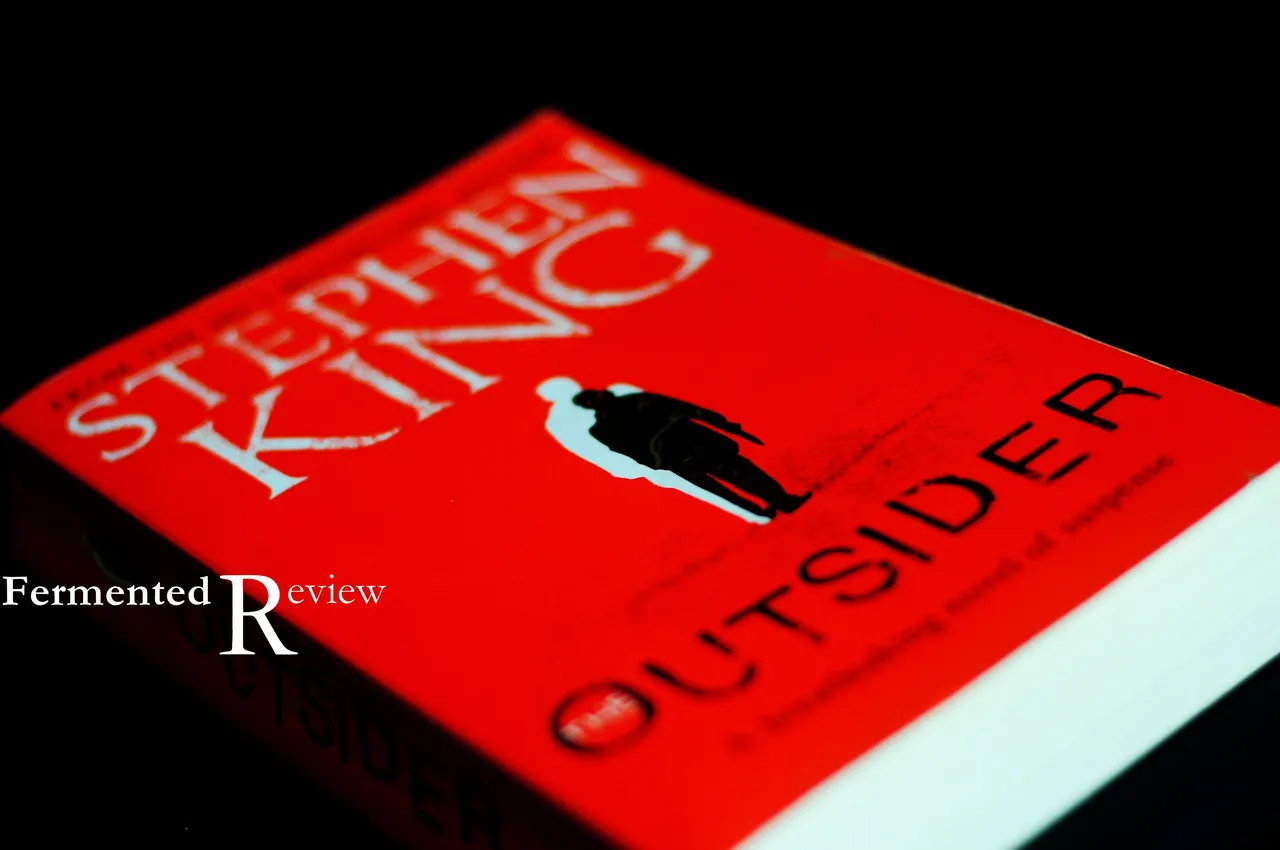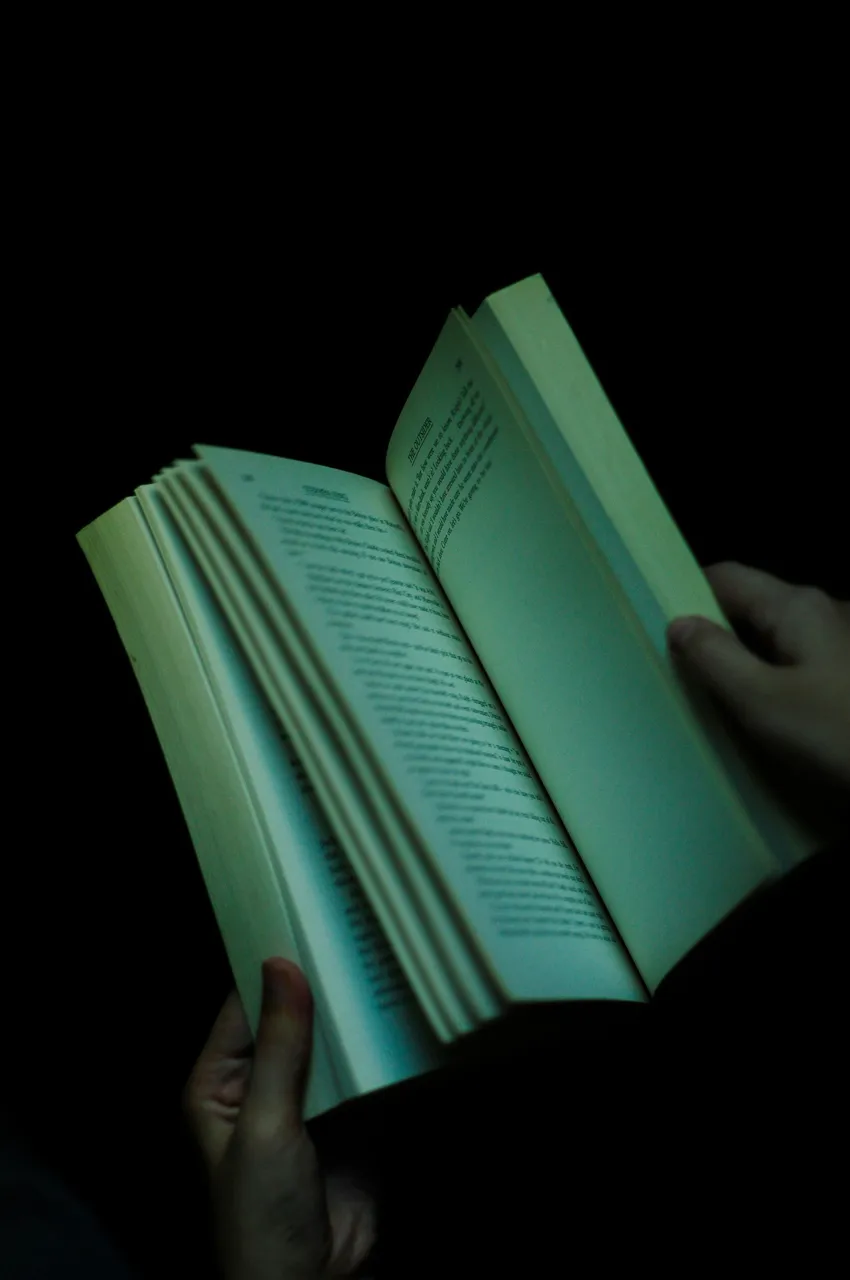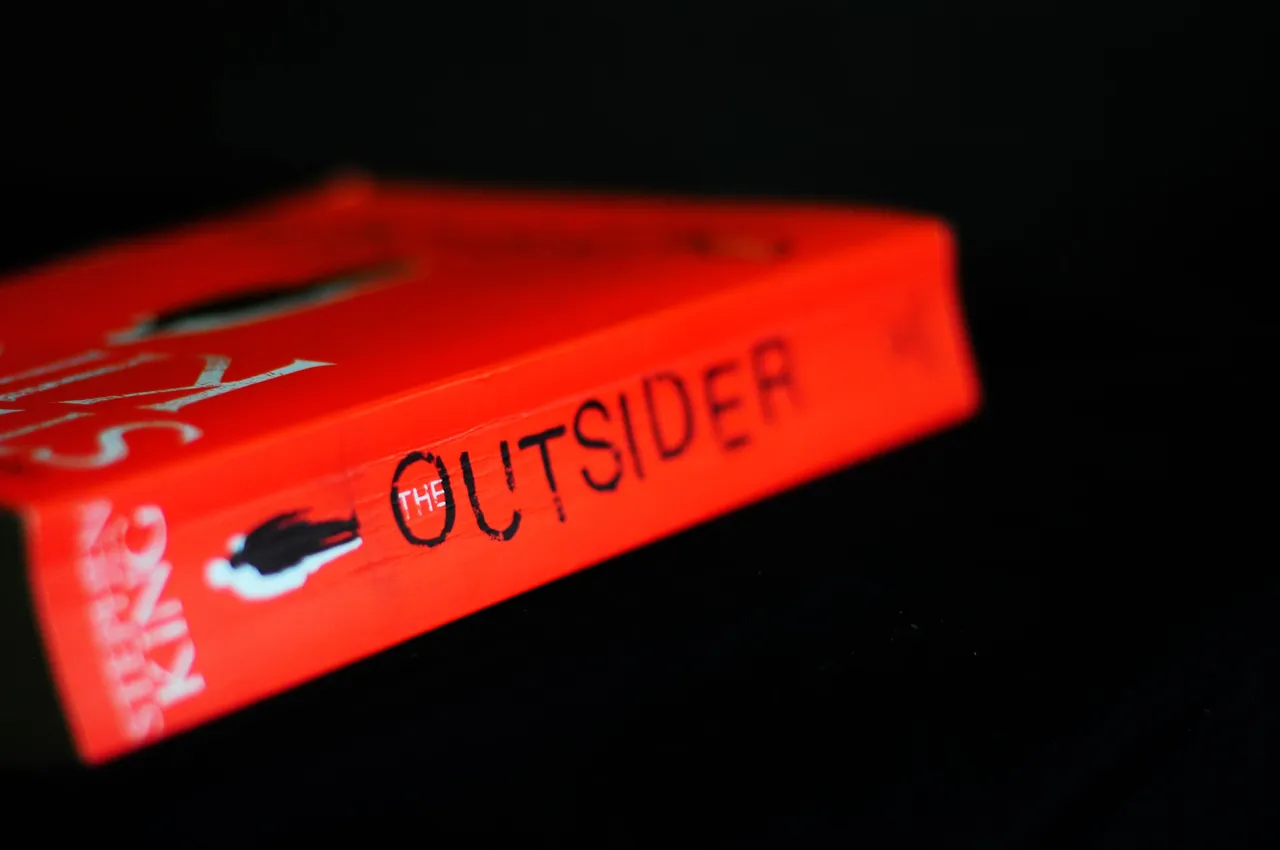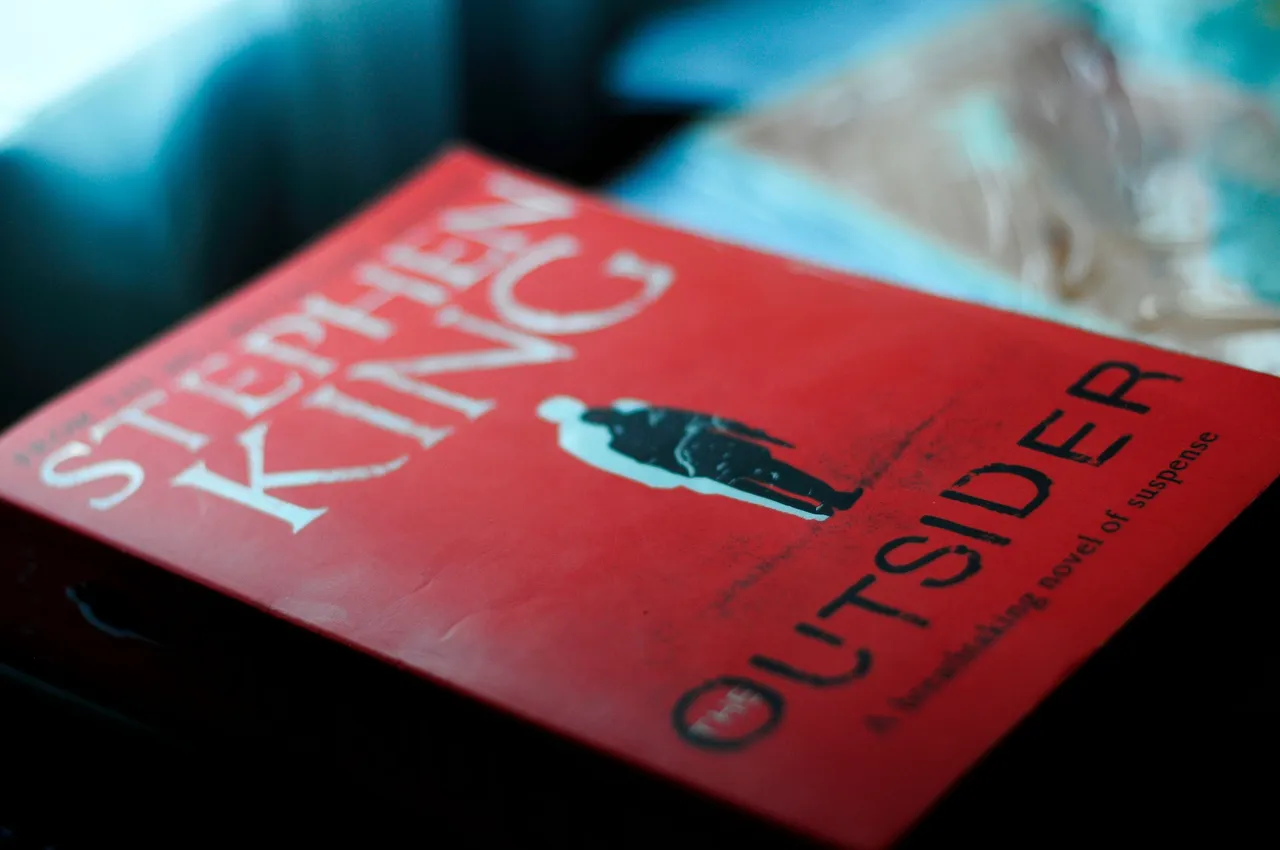
(NOTE: This post contains spoilers and discussions of topics not suitable for all audiences; it is after all a Stephen King book review.)
You either love or hate Stephen King. If the former, you either love or hate a Stephen King book. One can try and categorize his books in different stages of his writing, but this will not please everyone. But there are no two ways about this, he produces a lot of work. Not everything hits the mark, sometimes it blows your mind, and sometimes it does not fare so well. But it is still a Stephen King and if you are a fan, it merely gets ranked on the "I have read these books" list.
I finished The Outsider recently and felt a little conflicted about it. It took me longer than usual to finish, but I could not put it down for the last 100 or so pages. In this post, I will thus give you my fermented review. It will contain spoilers, so do not read on if you still want to read it yourself! In any case, without further ado.

At first, the book starts unlike the previous books I read of King. But when it caught pace, it felt like familiar territory. Intricate detail about the characters, glimpses of the horror to come, and gruesome detail. A boy was brutally murdered and described in all its gory detail, this is classic King.
Toward the end of the book, the classic good guy vs. bad guy only King can write emerges. There is a certain villain or antagonist in most of King's works. A normal character at first but somewhat corrupt, in this case, Jack Hoskins, turns out to be the main monster in the book. Not literally though, metaphorically. The actual monster uses this character as a proxy. It reminded me of The Stand. But in any case, the standoff between the antagonist and the protagonists, Ralph Anderson and Holly Gibney is a classic King page-turner. But it was here that I felt a little underwhelmed, almost as if the King-ness was a little bit lost.
The story has so much potential and the ideas in it were interesting. The murderer takes the form of another, framing them for the gruesome murder. DNA evidence of the innocent is found on the crime scene and everyone judges the act before any judge has seen the case. With a very tense buildup of events, and again in classic King style, he constructs a fantastical world that feels so real and tangible. You dive into the work and feel part of every event. However, some scenes feel empty and out of place. A scene was added in which a boy stole the car the antagonist drove. An elaborate backstory is constructed, in typical King fashion, but it never again features in the book, nor did it contribute anything.

But overall, the first half of the book was superb. For about 200 to 300 pages, the story is built into a complex scene of converging events, but somehow everything felt a bit simple in the end. Like with the The Stand (for me personally) King builds up the story into a complex world and then he concludes everything in a matter of 100-200 pages. As noted, the proxy fight between Ralph and Jack was intense and described in typical King fashion. But the eventual confrontation with the actual monster/protagonist felt rushed, simple, and forced. Kill the monster just to kill it. The situation itself was pregnant with opportunities to explore. Ralph and Holly enter a cave in which a couple of boys got lost. Loud noises dislodges fragments of rocks, and the only weapon brought to kill the monster was a gun. The perfect situation to again play on our heartstrings. But in a matter of a couple of pages, this tense situation is resolved. Neither do Ralph and Holly struggle to get out of the cave which presented various problems at the start. He could have added another 200-300 pages in my opinion and I would have lapped it up like a dog thirsty for more water.

In the end, the reader is left with so many questions. Who was the monster, what was it? How did they escape the treacherous cave so quickly? The reader is also left with a small twist at the end, the prospects of a love triangle unresolved. Again, a couple of extra pages would have been great to build the tension a bit more, to leave the reader with less obvious questions.
The book is a bit different from the normal King books. It reads like a crime novel. The supernatural element is present but not in full force. Even in the confrontation between the monster and Ralph, it feels human-like. It needed a bit more "supernatural-King-meat". But keeping with the idea that it is more a crime novel with King elements sprinkled into it, it would have benefited greatly to add more diverging elements to it as per usual by King. For example, the back story of the kid who stole the car could have been explored a bit more, and some of the backstories of the other characters.
I am hammering too much on this one point, but it feels like a unique King problem to me. But not always thought. The Talisman and Black House, my top King books, and both written with Peter Straub, did not have this King flaw. But this book, The Stand and some others contain a strange element in which the build-up does not match the resolution. It happens too quickly, almost like it was expected of him to resolve the tension in a specific manner. It feels a little bit forced. Plus, he uses almost two-thirds of the book to basically sketch the idea, which is almost always King-brilliant, but the resolution happens in less than a third of the book. Maybe I am wrong in this observation, but as a quasi-writer, I know the struggle with ending something. The build-up is fun to write, to elaborate, to extend, but one gets tired. And I wonder if King gets tired of his own creations, and thus struggles to end them off in the way he created the beginning of his work.
In the end, it is still a Stephen King book with its usual twists and turns. It was a page-turner, like most of his work, and the world he sketched was brilliant. Will I return to it again in the future, like I want to reread Black House? Maybe not now. But that is merely my personal impression.

I love a thick book. A thousand pager. A story that sucks you into its world. And this book could have been that book if he wrote 300-400 pages extra. The characters were deep enough for it. I wished he did it. Nonetheless, I really enjoyed the book and I would want to hear your opinion of it. Have you read it?
In any case, happy ready and stay well!
The writings in the post are my own. No one paid me to say anything and it remains my own opinion. The photographs are also my own, taken with my Nikon D300.